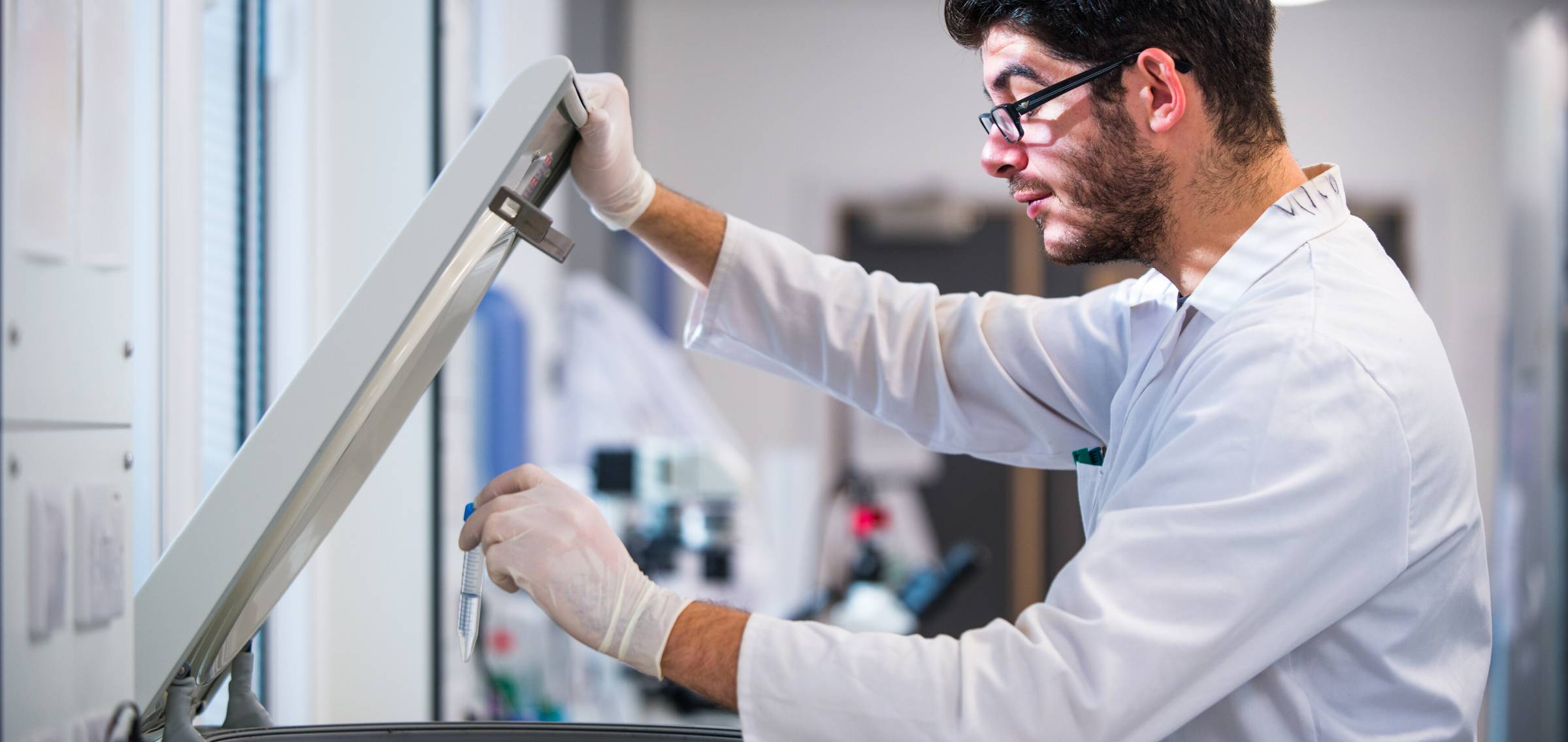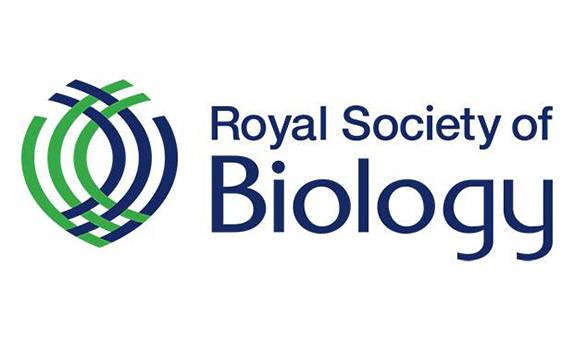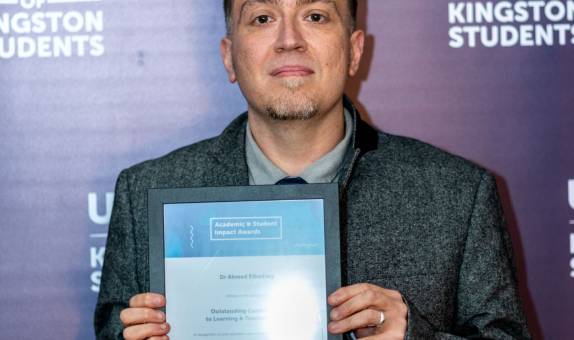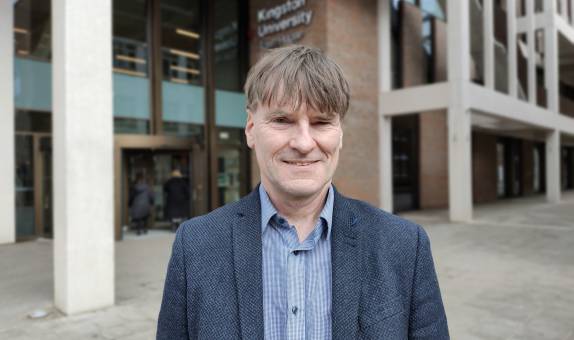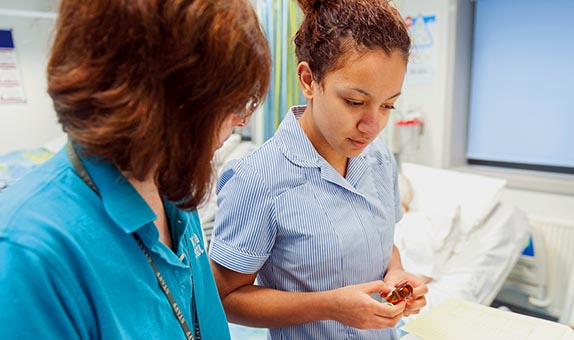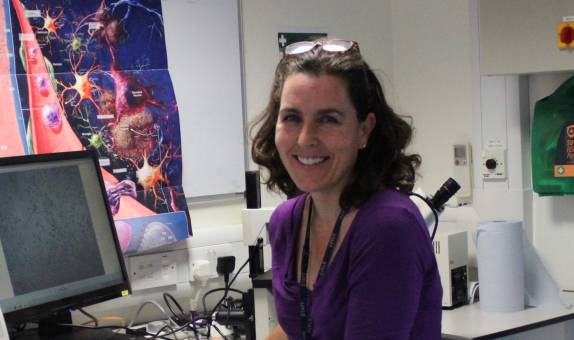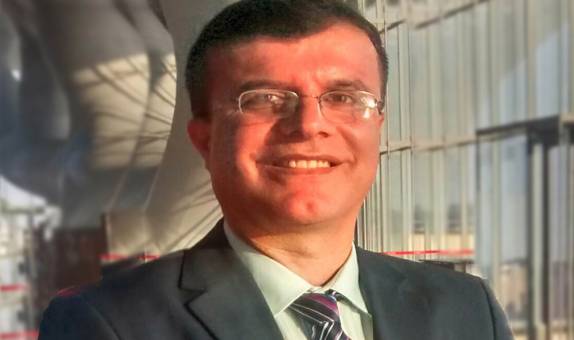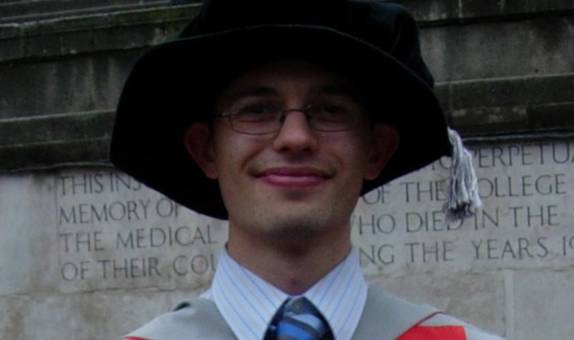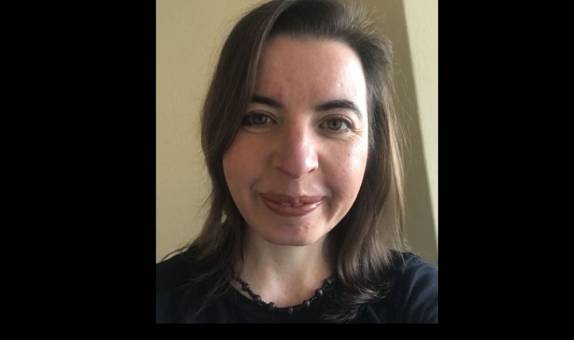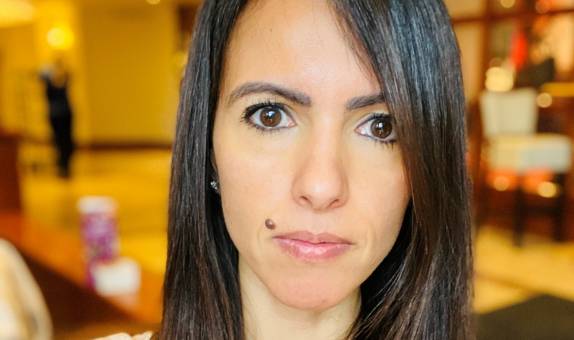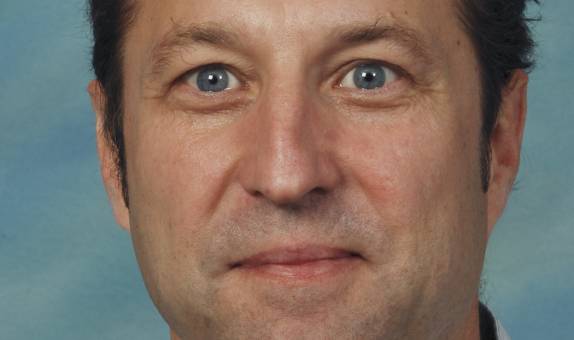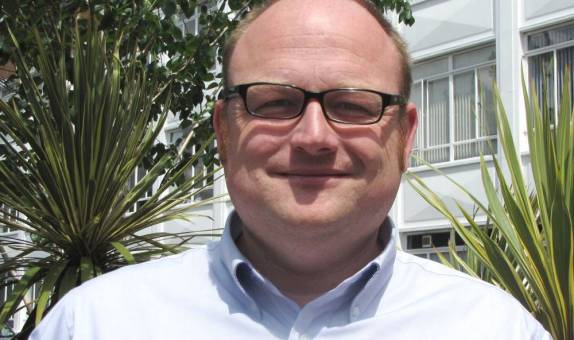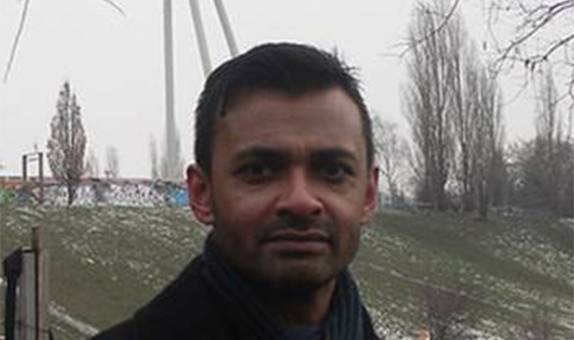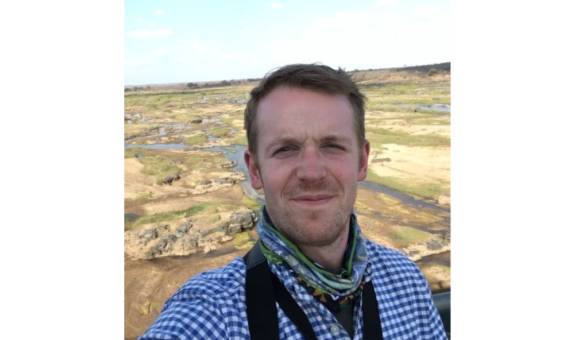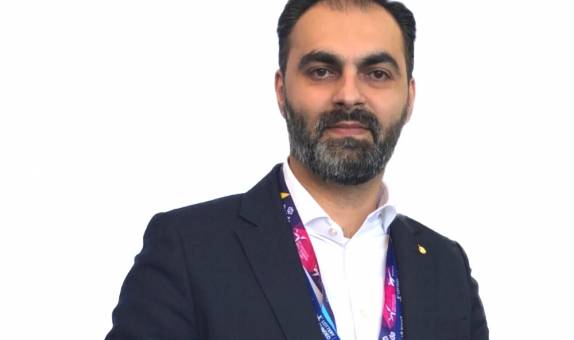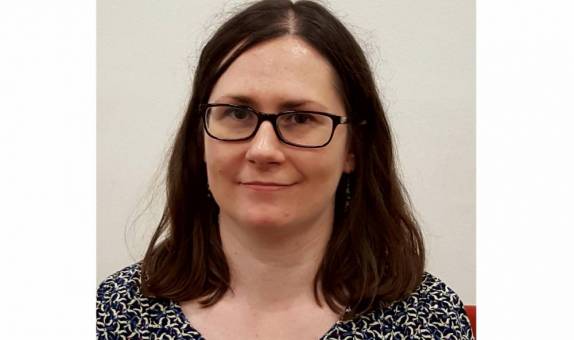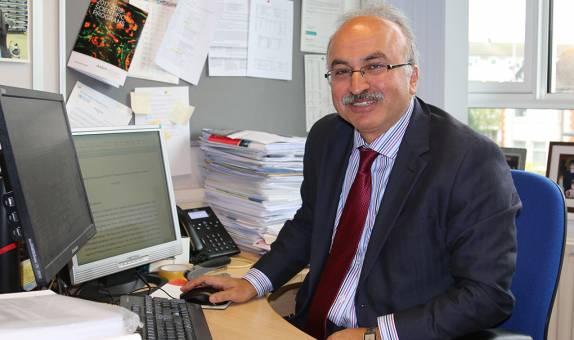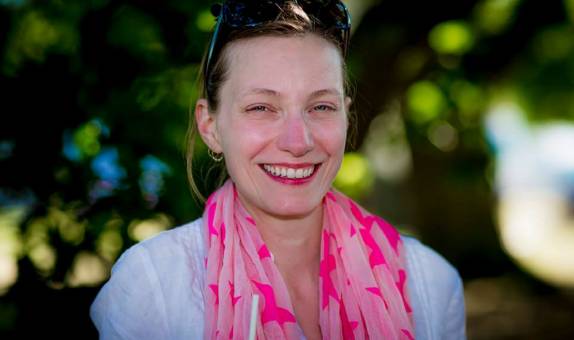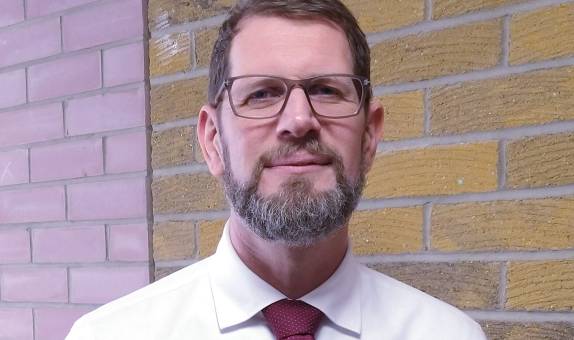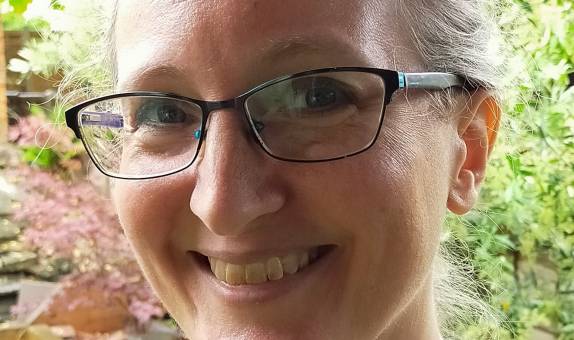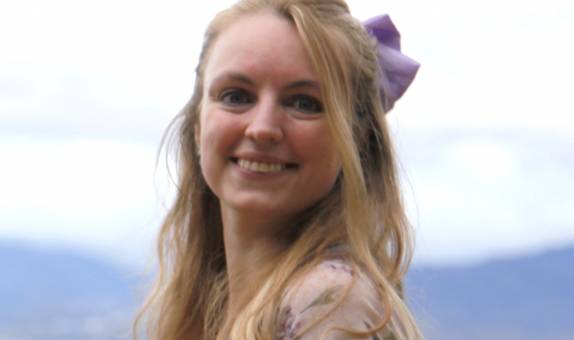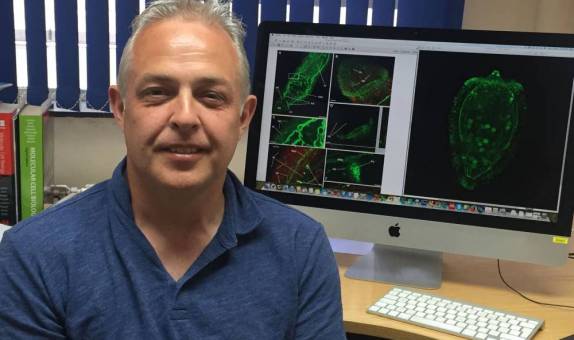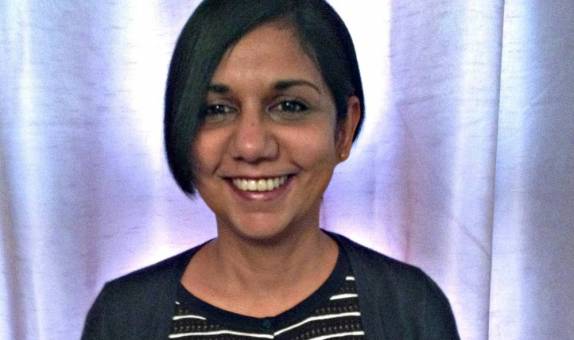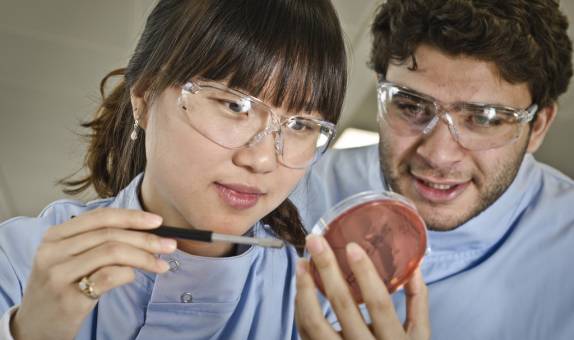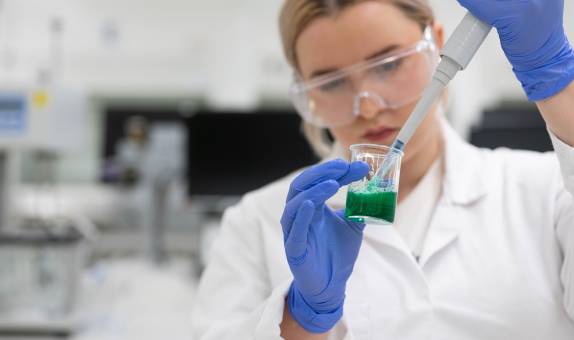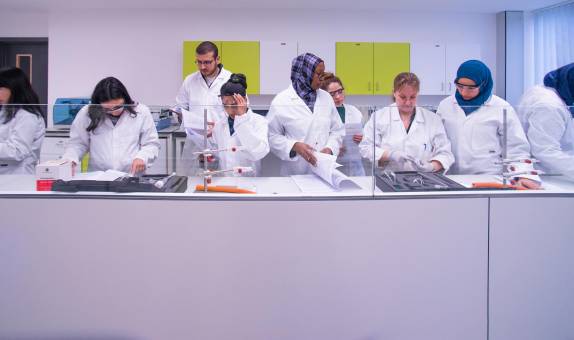Biochemistry BSc (Hons)

Teaching Excellence Framework (TEF) Gold award
Our commitment to high quality teaching has been recognised with a TEF Gold rating. The University has received an overall rating of Gold, as well as securing a Gold award in the framework's two new student experience and student outcomes categories.
Why choose this course?
Do you want to contribute to work that could help solve many of life's biggest challenges? This course will help you understand the molecular processes that control life, from molecules (such as DNA and proteins) and cells, to the complex structures of whole organisms.
You'll acquire the knowledge and technical skills to work in a wide variety of roles, including those in the biotechnology and pharmaceutical industries. You'll also be able to go on to do further research and contribute to our understanding of how biochemistry underpins all human life.
In your final year, you will immerse yourself in a lab setting and experience what it is like to test various clinical testing as well as studying the blood of patients. You'll also have the opportunity to work on an independent research project on a specialist topic that inspires you.
We have updated our modules to enhance student-centred teaching and align course content with industry needs, helping you become a future-proof graduate.
| Attendance | UCAS code/apply | Year of entry |
|---|---|---|
| 3 years full time | C700 | 2025 |
| 4 years full time with professional placement | C701 | 2025 |
| 4 years full time including foundation year | C708 | 2025 |
Please note: Teaching on this course may take place on more than one KU campus.
| Main Location | Penrhyn Road |
Reasons to choose Kingston University
- This course is accredited by the Royal Society of Biology (RSB). You'll receive one year's free associate membership once you graduate.
- You'll gain extensive practical experience in laboratories that have recently had a £6.8 million investment.
-
100% of students on our Biochemistry course were positive about how their course challenged them to achieve their best work, in the National Student Survey (NSS) 2024.
What you will study
Year 1
Year 2
Year 3
Year 1 provides you with a firm foundation in the biological and chemical principles on which life is based. You will gain a comprehensive overview of biochemistry, from the atomic level to that of the whole body. Subject areas include the fundamentals of chemistry, cells and tissues, genetics and molecular biology. A scientific and practical skills module will also introduce you to important laboratory techniques and the necessary mathematics, statistics and IT required by biochemists.
Core modules
Chemical Foundations: From Atoms to Pharmaceuticals
30 credits
Chemistry impacts many spheres of everyday life. From paints and coatings to smartphone's electrochromic displays, small molecule drugs to the understanding of biochemical processes necessary for life.
This module will revisit chemistry topics taught at A-level and build on them to ensure you become familiar with the core chemistry concepts necessary to the chemical, pharmaceutical and biochemical sciences. There is a key focus on the United Nations Sustainable Development Goals.
Genes to Tissues
30 credits
This module introduces basic cell biology of prokaryotes and eukaryotes, genetics, germ layers, and tissue types in the human body, as well as various microorganisms.
You will experience practical sessions in a state-of-the-art laboratory, on microscopy, histology, cytogenetics and microbiology, enabling you to develop practical skills in the correct use of microscopes, examining and studying chromosomes, prokaryotic and eukaryotic cells, microbes and tissues, interpreting, and recording biological data, and build upon your knowledge gained from lectures.
This module provides a foundation for advanced modules in cell biology, anatomy, physiology, genetics, and microbiology.
Introduction to Biochemistry
30 credits
This module provides an understanding of how basic chemical elements are bonded to form complex biomolecules in living systems. In this module, we will explore the role and structure of proteins, carbohydrates and lipids and delve into defining their properties and functions. The module will also introduce the vital role of energy transformations in living organisms.
Core material is delivered through lectures, online resources and activities, and problem-solving workshops supported by laboratory practicals and subsequent data analysis.
On completion of the module, you will have a comprehensive grounding in the molecular basis of life from the atomic scale up to cells. This module will help you develop the skills necessary for enhancing your learning through effective note-taking and critical thinking, which will continue to help you throughout your degree.
Scientific and Laboratory Skills
30 credits
This module provides a firm foundation in the general scientific and laboratory skills students require to successfully complete their programmes of study.
A significant component of the module consists of the development and demonstration of core technical/practical skills through familiarity with the laboratory environment through hands-on learning.
This module will also introduce you to Future Skills through engagement with the Navigate programme introducing the key graduate attributes required in developing your professional development portfolio in the biosciences. The Future Skills concepts and activities will support you in developing and evidencing your practice, scientific analytical/problem-solving, teamworking, digital competency, practical and numeracy skills.
You will be supported by themed tutor meetings and peer support tutee teams enabling you to work on tasks to develop your graduate attributes.
Year 2 introduces some of the more specialised aspects of biochemistry. You will gain a detailed knowledge of protein function, structure and analysis; the major metabolic pathways; organisation and physiology of cells including cell signalling; genes and their expression; microbiology; and the application of research methods. You will also explore a range of bioanalytical techniques employed in the pharmaceutical industry.
Core modules
Analytical Techniques for Molecular Science
30 credits
This module immerses you in the world of analytical science applied to problem solving in biochemistry, clinical chemistry, forensic analysis and pharmaceutical science applications. It develops critical thinking in being able to identify the best approaches used to prepare samples, collect results and analyse data, whether it is quantitative or qualitative in various scenarios. You will build your knowledge, practical skills and interpretation skills whilst implementing the analytical process model using scenario-based learning.
Microbiology, Research Methods and Skills
30 credits
This module is divided into two distinct parts. The first part will delve into the fascinating world of microorganisms—those tiny creatures that impact our health. You will explore how these microorganisms cause infectious diseases and study methods to control them both in laboratories and within patients. Additionally, the importance of national surveillance in tracking and preventing disease spread will be discussed.
The second part broadens the scope to encompass the wider aspects of biochemistry, pharmacology and beyond. It focuses on developing your Future Skills by engaging with Explore, to enhance your research, problem-solving, and critical thinking abilities, and preparing you for your final year capstone project. This is further supported by tutor meetings, which helps you work on tasks to develop, articulate, and reflect on your progress and graduate attributes.
Molecular Biology of the Cell
30 credits
This module builds on topics covered in your first year and explores advanced concepts in cell and molecular biology. The module provides a molecular insight into the structure and function of cells and takes an integrated approach to understand how cells respond to changes in their environment – from receptor interactions and intracellular signalling pathways through to the regulation of gene expression and changes in cellular processes.
You will discover various mechanisms of intracellular signalling in different organisms. You will gain a detailed knowledge of the processes involved in the regulation of gene expression. You will also learn about practical methods relevant to cell and molecular biology, for example fluorescence microscopy, RT-PCR.
Proteins and Metabolism
30 credits
This module provides you with knowledge of the structure and methods of analysis of proteins, with particular emphasis on enzymes. This is followed by the study of the major catabolic and anabolic pathways and investigates how organisms obtain and use energy. These processes, and their regulation in health and disease, are considered at the molecular level, which involves many proteins including enzymes.
You will investigate how organisms obtain and utilise energy from metabolic pathways. You will gain a detailed understanding of the structure of proteins, including enzymes, and have a comprehensive knowledge of practical and graphical methods involved in the investigation of enzyme activity.
You will also develop key practical skills involved in protein biochemistry and metabolism.
In Year 3, you will explore current concepts in biomolecular science, immerse yourself with bioinformatics and learn the functions of a hospital laboratory with clinical biochemistry and haematology. You will also undertake an independent research project, providing an opportunity to research a topic of your choice within your specialism as either a laboratory, data project or a systematic review.
Core modules
Bioinformatics: Decoding Life's Data
30 credits
Enormous amounts of data are generated in Life Sciences research every day with a wide range of applications such as providing insight into genetic diseases, modelling how a drug interacts with its target protein, exploring the diversity of microbes in our digestive systems, establishing changes of gene expression in cancer/disease, and tracking the spread of cancerous cells. Bioinformatics forms an interface between biological sciences and information technology. In this module, you will develop the skills necessary to write your own computer programs (using R and/or Python) and use online tools to analyse and interpret real-world biological datasets. Alongside this, you will explore genomic variability, molecular evolution and phylogenetics in the context of bioinformatics. The module introduces an area of increasing importance in many areas of bioscience research, including molecular diagnostics and drug development.
Core factual material is provided predominantly via computing workshops, supported by demonstrations of online bioinformatic resources, guided reading, and lectures. Additional resources will be placed on Canvas. You will undertake an individual bioinformatics mini-project investigating an authentic research question that integrates the learning across the module.
Clinical Biochemistry and Blood Sciences
30 credits
In this module, we explore how laboratory investigations contribute to diagnosing, treating, and preventing diseases such as renal disease, diabetes, anaemia, and haematological malignancies. Additionally, we delve into the role of transfusion laboratories in treating specific disorders.
You will learn about the processes involved in the investigation of blood groups and the techniques used in blood transfusion. You will discover the diagnostically useful changes which occur in normal body chemistry in selected examples of disease/trauma.
Throughout the course, real-life case studies illustrate best practices in clinical chemistry and haematology. Expert practitioners also deliver keynote lectures, enriching your learning experience. Plus, we emphasise equipping you with the knowledge and practical skills sought after by employers.
Current Concepts in Biomolecular Science
30 credits
You will gain insights into the scientific basis of recent technological advances in biomolecular science through selected examples of contemporary scientific research and their impact on society. This module will build on your previous knowledge and skills to demonstrate the successful translation of research to public benefit.
Employability and enterprise are embedded to develop your scientific and professional skills, particularly those of developing inclusive behaviours, communication, reflection, teamworking and problem-solving. The Future Skills Apply learning outcomes are delivered in this module.
Project (Bioscience)
30 credits
Your independent project forms a very important part of your degree programme. There are several types of projects that may be offered to you: a laboratory or field-based project, data projects involving acquisition of data and information from surveys, computer simulations or bioinformatics, or a systematic review of research literature that includes the collection, analysis, and original presentation of reported research data.
Your project will include a review and critical evaluation of qualitative and quantitative information and data to address a hypothesis or research question, and the production of a written report.
Foundation year
If you would like to study one of our science degrees at Kingston University but are not yet ready to join the first year of a BSc (Hons) course, you can include an extra foundation year within your chosen degree. Please see the science foundation year course page for details of modules.
Future Skills
Knowledge to give you the edge
Embedded within every course curriculum and throughout the whole Kingston experience, Future Skills will play a role in shaping you to become a future-proof graduate, providing you with the skills most valued by employers such as problem-solving, digital competency, and adaptability.
As you progress through your degree, you'll learn to navigate, explore and apply these graduate skills, learning to demonstrate and articulate to employers how future skills give you the edge.
At Kingston University, we're not just keeping up with change, we're creating it.

Entry requirements
Accreditation
This course has been accredited by the Royal Society of Biology. Kingston University graduates from this programme will receive one year's free membership of the Royal Society of Biology.
Teaching and assessment
Scheduled learning and teaching on this course includes timetabled activities including lectures, seminars and small group tutorials.
It may also include placements, project work, practical sessions, workshops, conferences and field trips.
Who teaches this course?
This course is delivered by the School of Life Sciences, Pharmacy and Chemistry.
The School of Life Sciences, Pharmacy and Chemistry offers an outstanding and diverse portfolio of undergraduate and postgraduate programmes in biological and biomedical sciences, chemistry, forensic science, pharmacy, pharmacological and pharmaceutical sciences, and sport science and nutrition.
We've invested heavily in the development of new facilities including laboratories for teaching and research to provide students with access to ultra-modern equipment in a wide range of teaching facilities.
Postgraduate students may run or assist in lab sessions and may also contribute to the teaching of seminars under the supervision of the module leader.
Course fees and funding
Additional costs
Depending on the programme of study, there may be extra costs that are not covered by tuition fees which students will need to consider when planning their studies. Tuition fees cover the cost of your teaching, assessment and operating University facilities such as the library, access to shared IT equipment and other support services. Accommodation and living costs are not included in our fees.
Where a course has additional expenses, we make every effort to highlight them. These may include optional field trips, materials (e.g. art, design, engineering), security checks such as DBS, uniforms, specialist clothing or professional memberships.
Facilities
There is a wide range of facilities for practical work at our Penrhyn Road campus, where this course is based. You will have access to a modern environment with the latest equipment, including the £9.8 million Eadweard Muybridge building with state-of the art laboratories, and labs dedicated to chemistry specialist equipment, such as:
- gas and liquid chromatography
- electron and confocal microscopy
- a range of spectrometers, including mass spectrometers, infrared spectrometers and nuclear magnetic resonance spectrometers
- nuclear science equipment
- thermal analysis
- x-ray diffractometers
- electrochemical analysis
- computing laboratories and a team of IT technicians to offer assistance.
The library offers:
- subject libraries, plus a free inter-library loan scheme to other libraries in the Greater London area
- online database subscriptions
- a growing selection of resource material.
After you graduate
You'll be ready for graduate entry to careers in pharmaceuticals, biotechnology, forensics, medicine, teaching and business management. This degree also provides a base for postgraduate study.
What our students say
Work placement year
How you can work in industry during your course
Why take a placement? Work placements:
- provide work experience that is relevant to your course and future career
- improve your chances of graduating with a higher grade degree
- enhance your CV
- lead to a graduate job
- enable you to earn a year's salary whilst studying (the vast majority of placements are paid)
-
help you to select your final-year project.
There is a lot of support available for students looking to secure a placement (eg a jobs board with placement vacancies, help with writing CVs and mock interviews). Getting a placement and passing the placement year are ultimately the student's responsibility.
For further information please contact the Placements Team by telephone 020 8417 2969 or email secplace@kingston.ac.uk.
Examples of placements
Placements can be with large multinational companies, international companies, local companies and small start-ups; offering a diverse range of posts. Here are some examples of employers and roles:
|
Construction-based placement employers |
Construction-based placement roles |
|---|---|
|
RG Group |
Assistant site manager |
|
Science-based placement employers |
Science-based placement roles |
|
Reckitt and Benckiser |
Bioanalytical sciences |
|
Engineering-based placement employers |
Engineering-based placement roles |
|
Airbus |
Analysis of aircraft structure |
|
Computing and IS based placement employers |
Computing and IS based placement roles |
|
Disney |
Database co-ordinator |
Key information set
The scrolling banner(s) below display some key factual data about this course (including different course combinations or delivery modes of this course where relevant).
Course changes and regulations
The information on this page reflects the currently intended course structure and module details. To improve your student experience and the quality of your degree, we may review and change the material information of this course. Course changes explained.
Programme Specifications for the course are published ahead of each academic year.
Regulations governing this course can be found on our website.
